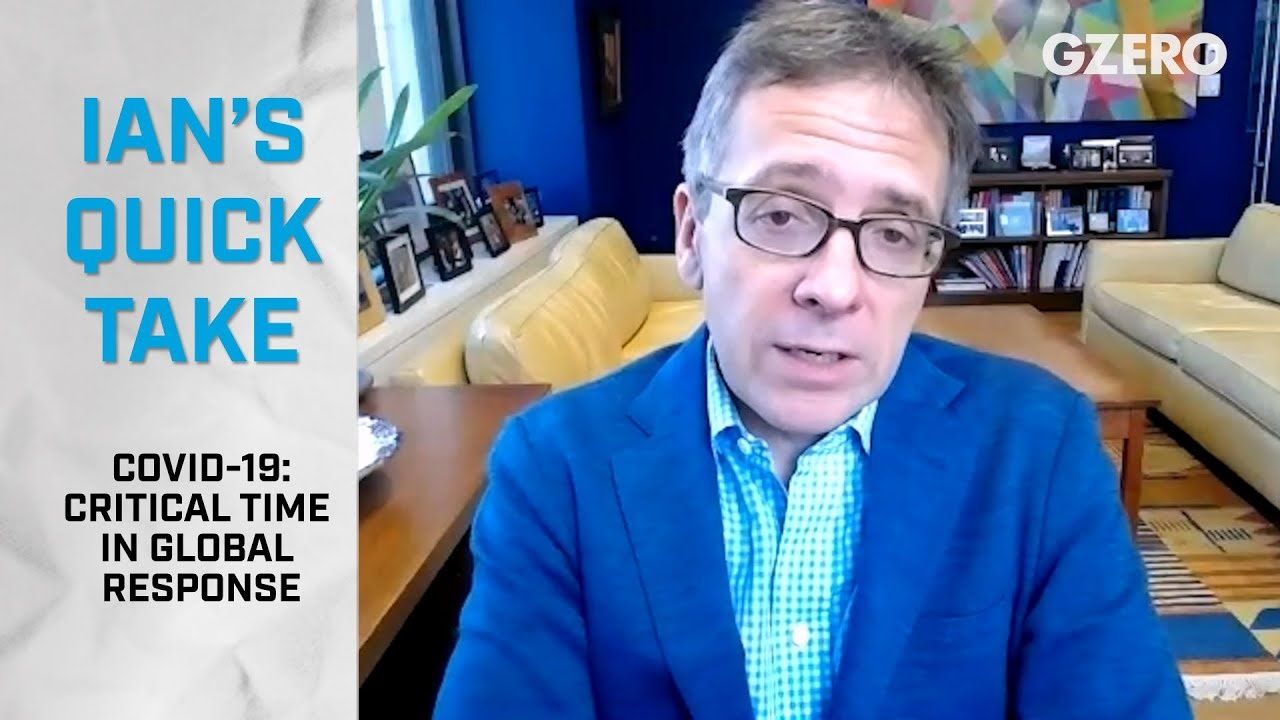
Governments of the developed world are finally responding with due sense of urgency, individually in 3 different ways.
1st, stand health care systems up so they won't get overwhelmed (late responses). The private & public sector together, building additional ICU beds, supply capacity and production of medical equipment and surge medical personnel in the US, Canada, across Europe & the UK. Unclear if we avoid a Northern Italy scenario. A couple days ago, Dr. Fauci from the NIH said he was hopeful. Epidemiologists and critical care doctors don't feel comfortable. Not in New York, Chicago, LA, Boston, Philadelphia, New Orleans. In Europe, particularly London, Madrid, Catalonia, Barcelona, might be significantly short.
We'll see in 2-4 weeks. If responses are adequate, caseload will still explode, but mortality will be dramatically lower by 80 or 90%. The US caseload now is highest in the world. China lies about cases, but the US dramatically under-tests. On balance, the US has a larger outbreak than China at the peak. But the likelihood of a lot of American deaths looks lower. The key variable is, do we get the health care system surged adequately in the next few weeks? It's a race against time.
Dramatic response from the developed world on the monetary & fiscal side. On the monetary side, central bankers are reading from the 2008-2009 playbook. We had a financial crisis. Regulations ensured that the banks became more robust. On fiscal policy: US $2 trillion stimulus is 10% of American GDP. The Fed is able to leverage that with additional loans; a functional equivalent of $4 trillion, 20% of GDP - should be enough relief to get through 1/5 of the year, 2 months. No one thinks supply and demand is coming back in the next 6, 8 weeks.
The fiscal stimulus appears sufficient; market response has been positive so far. Congress members believe we will need more stimulus in 2 months. What kind? How big? Another $2-4 trillion, or more? The closer to elections, the more challenging.
Emerging markets need the same scale of stimulus, but don't have the cash. India on lockdown, done state by state. A few states, Punjab, Kerala, Maharashtra, look like they're doing a decent job. Other states, not. Net 80 to 90% of the Indian economy is informal - the way you get money to people has to be direct. Source of money has to be external. IMF, international financial institutions, US, Europe, others have to step up. I'm skeptical.
Emerging markets are going to experience bigger crises and crash- don't have governance resilience or coordination, need money. Turkey has a steep curve of cases, problem with social distancing. Different from the Nordics or Japan. Cultural features play in why cases explode in Italy and Spain - large numbers of people spend more time in close proximity, lead to many more cases. That's a problem for Turkey.
The Brazilian president refuses to shut down or call for social distancing. He's going after the governors that are shutting down the economy. If an explosion doesn't happen in Brazil and the economy's in decent order, he'll look like a hero. I think Bolsonaro is going to be in trouble.
Better story on US-China. After Trump has been saying the China virus, & the G-7 couldn't come up with a joint statement because Secretary of State Pompeo was saying it's got to be the Wuhan virus and no American allies agreed. Trump yesterday has a conference call with Xi Jinping. Tweets about it. Calls it the coronavirus. Is that because Trump doesn't have a willingness to talk honestly to Xi Jinping's face? Is he scared or is he actually backing away from a cold war? I think it's more the latter than the former. Trump doesn't want the economy to take a bigger dive from starting a fight with the Chinese. He's backing away. Good news.
Will it stick? Depends on how Trump's numbers do, as the election gets closer and it's harder to give a good story. This story is going to shift from numbers to people. A couple weeks ago, none of us knew people that died of coronavirus. Few knew people that had it. Now, a lot of us know people that have it. Some know people that died. Trump's lack of human empathy is going to be more challenging. I worry that we end up in a much more confrontational stance of the Americans vis-a-vis the Chinese.